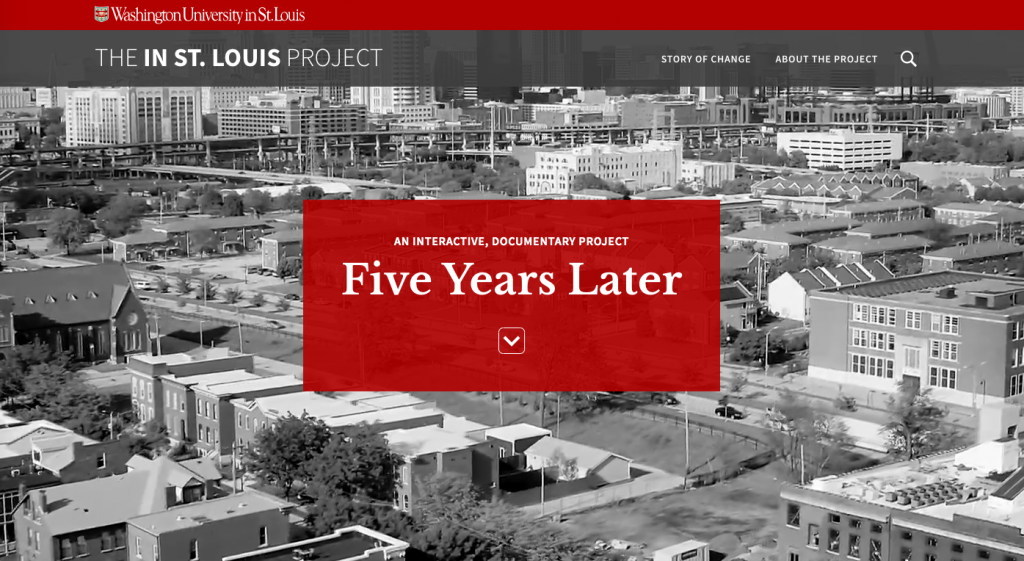Over the last month, sparked by the murders of unarmed Black Americans and subsequent protests, the national conversation has turned to the country’s racist past and present.
For some this conversation includes reckoning with one’s self: Have I participated — actively or subconsciously — in a racist system that oppresses people of color? Am I racist?
Asking this question and facing the true gravity of America’s oppressive history can plunge people into overwhelming shame, psychologists tell Inverse. This is a stumbling block in fighting racism.
“If you are serious about anti-racism, and you are seeing that you want to be a part of the solution rather than the problem, realize that staying stuck in your shame and not doing your work to manage that, is making it about you,” cautions Dr. Kira Hudson Banks.
Read the full article, featuring additional insights from The Mouse and the Elephant co-founder Dr. Kira Hudson Banks, plus several of her fellow psychologists, at Inverse.
Photo: Spencer Platt for Inverse



